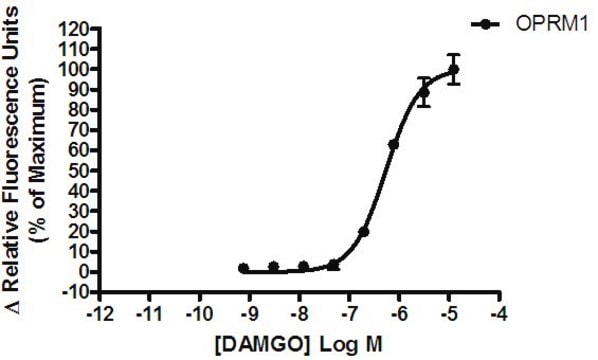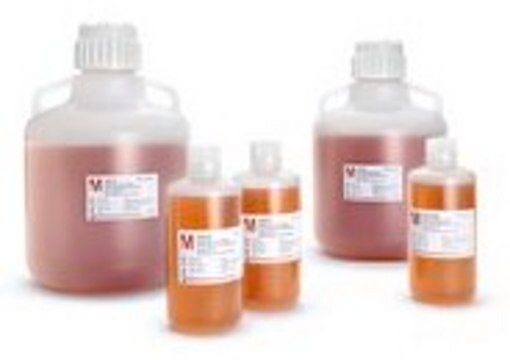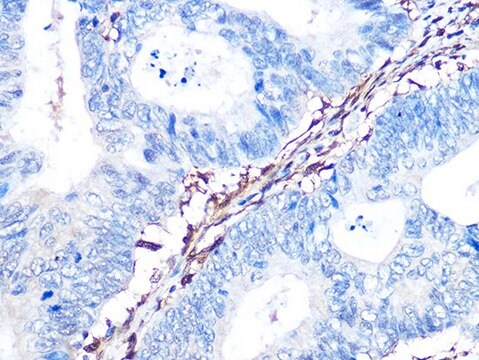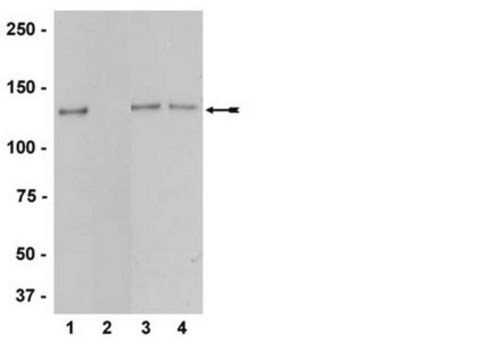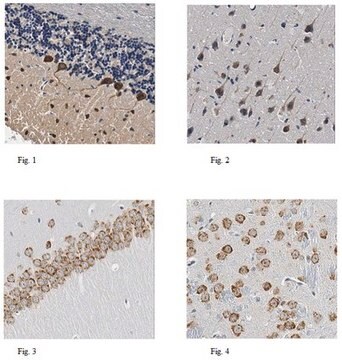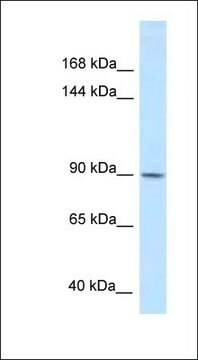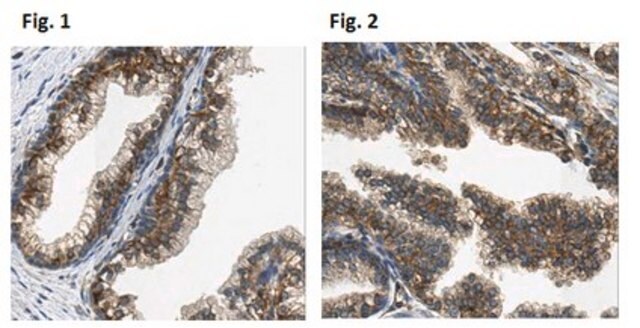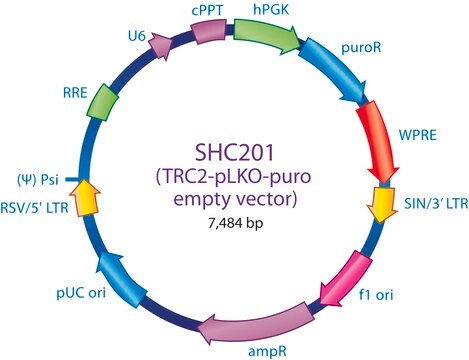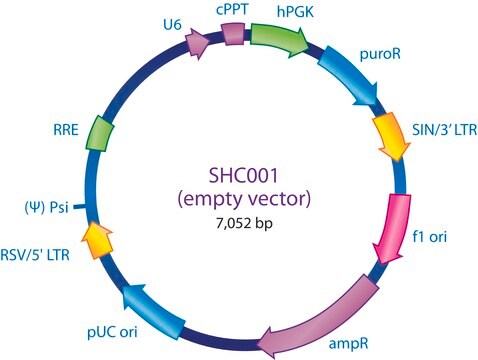おすすめの製品
詳細
Millipore’s Ready-to-Assay GPCR frozen cells are designed for simple, rapid calcium assays with no requirement for intensive cell culturing. Millipore has optimized the freezing conditions to provide cells with high viability and functionality post-thaw. The user simply thaws the cells and resuspends them in media, dispenses cell suspension into assay plates and, following over night recovery, assays for calcium response.
Opiates derived from the opium poppy, Papaver somniferum, have been used in for millenia for their anti-diarrheal, analgesic and euphoric properties. More recently, endogenous peptides, enkephalins, dynorphins, and endorphins, were found to bind to the same sites as opiate alkaloids. The receptors for the classical opioids are three related GPCRs, δ, κ, andμ also known as OP1, OP2 and OP3, respectively), that activate Gi/o to reduce intracellular cAMP levels. Although most clinically used opioids function by activation of the μ opioid receptor, agonist of spinal δ opioid receptors have antinociceptive activity that is independent of μ. In addition, activation of δ increases locomotor activity, inhibits gastrointestinal motility, and decreases respiratory frequency (Dhawan et al., 1996). Agonists for δ opioid receptors also exhibit antidepressant-like activity in animal models (Broom et al., 2002). Millipore’s cloned human δ opioid -expressing cell line is made in the Chem-1 host, which supports high levels of recombinant δ opioid expression on the cell surface and contains high levels of the promiscuous G protein Gα15 to couple the receptor to the calcium signaling pathway. Thus, the cell line is an ideal tool for screening for agonists, antagonists and modulators at δ.
Opiates derived from the opium poppy, Papaver somniferum, have been used in for millenia for their anti-diarrheal, analgesic and euphoric properties. More recently, endogenous peptides, enkephalins, dynorphins, and endorphins, were found to bind to the same sites as opiate alkaloids. The receptors for the classical opioids are three related GPCRs, δ, κ, andμ also known as OP1, OP2 and OP3, respectively), that activate Gi/o to reduce intracellular cAMP levels. Although most clinically used opioids function by activation of the μ opioid receptor, agonist of spinal δ opioid receptors have antinociceptive activity that is independent of μ. In addition, activation of δ increases locomotor activity, inhibits gastrointestinal motility, and decreases respiratory frequency (Dhawan et al., 1996). Agonists for δ opioid receptors also exhibit antidepressant-like activity in animal models (Broom et al., 2002). Millipore’s cloned human δ opioid -expressing cell line is made in the Chem-1 host, which supports high levels of recombinant δ opioid expression on the cell surface and contains high levels of the promiscuous G protein Gα15 to couple the receptor to the calcium signaling pathway. Thus, the cell line is an ideal tool for screening for agonists, antagonists and modulators at δ.
細胞株の説明
GPCR Cell Lines
Host cells: Chem-1
生物化学的/生理学的作用
GPCR Class: A
Protein Target: Delta / OP1 / DOP / DOR
Target Sub-Family: Opioid
構成
Pack contains 2 vials of mycoplasma-free cells, 1 ml per vial.
Fifty (50) mL of Media Component.
Fifty (50) mL of Media Component.
その他情報
Limited to a single use and shall not be propagated and/or re-frozen by licensee.
保管分類コード
10 - Combustible liquids
WGK
WGK 1
引火点(°F)
Not applicable
引火点(℃)
Not applicable
適用法令
試験研究用途を考慮した関連法令を主に挙げております。化学物質以外については、一部の情報のみ提供しています。 製品を安全かつ合法的に使用することは、使用者の義務です。最新情報により修正される場合があります。WEBの反映には時間を要することがあるため、適宜SDSをご参照ください。
労働安全衛生法名称等を表示すべき危険物及び有害物
名称等を表示すべき危険物及び有害物
労働安全衛生法名称等を通知すべき危険物及び有害物
名称等を通知すべき危険物及び有害物
Jan Code
HTS100RTA:
試験成績書(COA)
製品のロット番号・バッチ番号を入力して、試験成績書(COA) を検索できます。ロット番号・バッチ番号は、製品ラベルに「Lot」または「Batch」に続いて記載されています。
ライフサイエンス、有機合成、材料科学、クロマトグラフィー、分析など、あらゆる分野の研究に経験のあるメンバーがおります。.
製品に関するお問い合わせはこちら(テクニカルサービス)